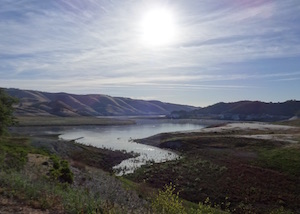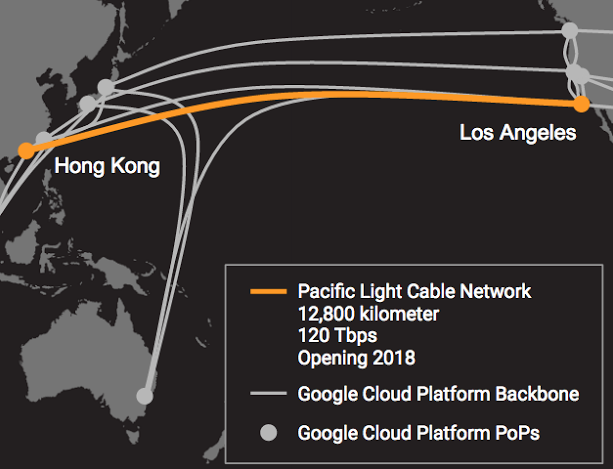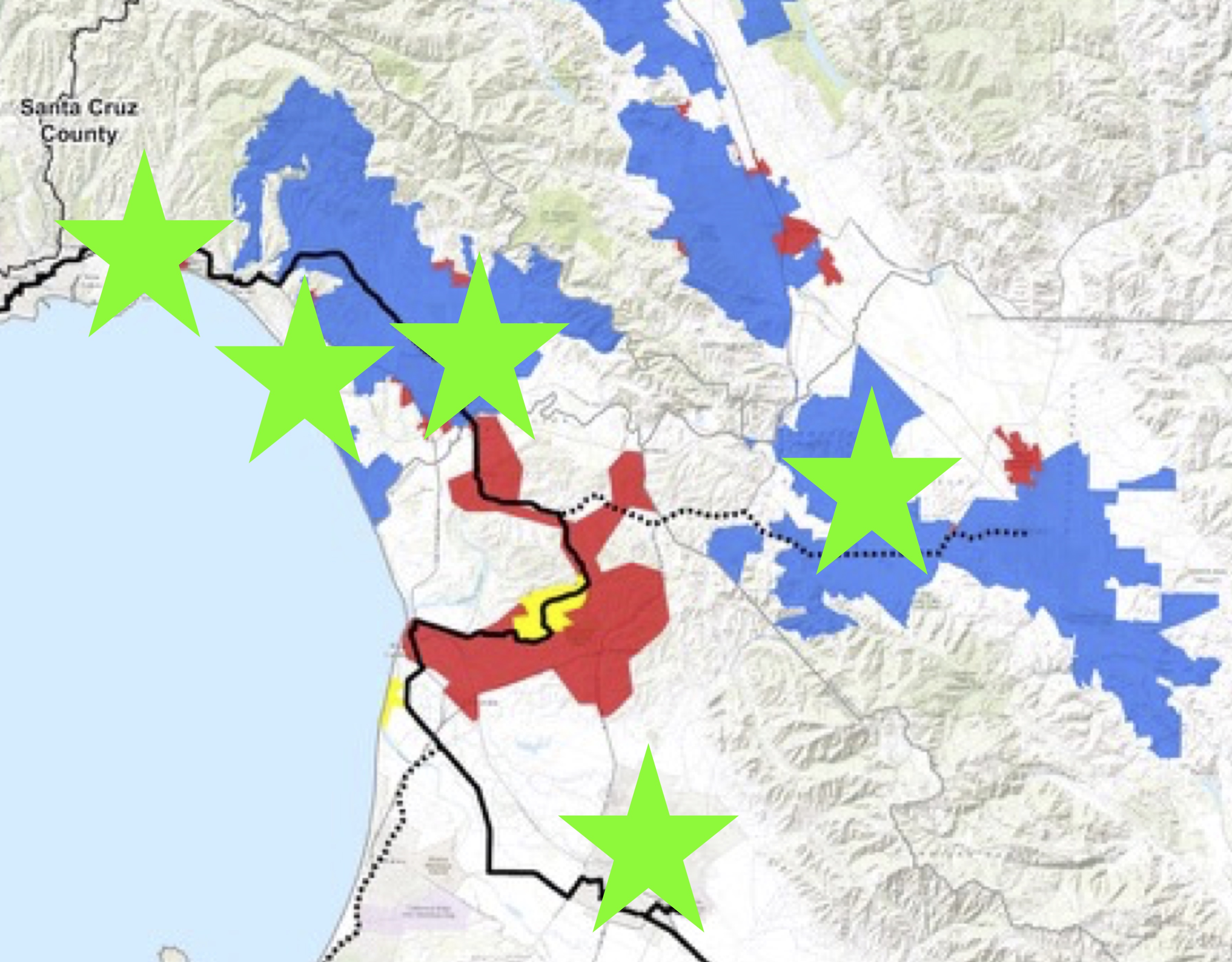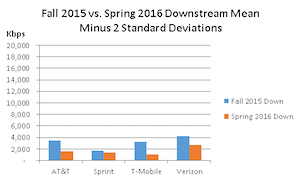California rules might make self-driving cars drive for the border
![By Famartin (Own work) [CC BY-SA 4.0 (https://creativecommons.org/licenses/by-sa/4.0)], via Wikimedia Commons](https://www.tellusventure.com/images/2016/10/extraterrestrial_highway.jpg)
Companies that are developing self-driving cars apparently aren’t happy with proposed new rules floated by California’s department of motor vehicles. There was a public meeting in Sacramento earlier this week to discuss the DMV’s latest plan for opening up California’s road to autonomous vehicles, both for research and development purposes and for actual operation.
The draft would require companies to compile testing data for a year, before applying for permission to run a car without a driver – and without a steering wheel and all the other controls humans need.… More


![By Tony Webster from San Francisco, California (Escape Route) [CC BY-SA 2.0 (https://creativecommons.org/licenses/by-sa/2.0)], via Wikimedia Commons](https://www.tellusventure.com/images/2016/10/escape_route.jpg)
![By original unknown ; edited by de:Benutzer:Tets [Public domain], via Wikimedia Commons](https://www.tellusventure.com/images/2016/10/karl_marx_1882.jpg)
![Photo: Sergeant Ian Forsyth RLC/MOD [OGL (https://www.nationalarchives.gov.uk/doc/open-government-licence/version/1/)], via Wikimedia Commons](https://www.tellusventure.com/images/2016/10/drink_up.jpg)


![By Infrogmation (Own work) [GFDL (https://www.gnu.org/copyleft/fdl.html) or CC BY 2.5 (https://creativecommons.org/licenses/by/2.5)], via Wikimedia Commons](https://www.tellusventure.com/images/2016/10/tv_basura.jpg)

